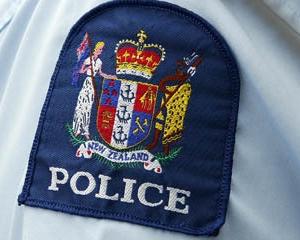Inland Revenue won't say whether it is investigating profits made by key figures in the $1.5 million Citifleet fraud.
That's despite confirming any property obtained illegally, as well as that bought with the intention of resale for profit, could be covered by tax law.
The comment came after it was revealed the Dunedin City Council's former Citifleet team leader, Brent Bachop, had been illegally disposing of council vehicles, and pocketing proceeds, for more than a decade.
Some of those who bought vehicles from Mr Bachop were also found to have on-sold them a short time later for profit.
The department, responding to Otago Daily Times questions, declined to discuss the specifics of the fraud or any of the individuals or organisations involved.
It was prevented from doing so under section 81 of the Tax Administration Act, which governed the need to maintain the secrecy of the parties' tax affairs, a spokeswoman said.
''Unfortunately, we are unable to confirm any interest Inland Revenue may have in this matter.
''We appreciate that it is a matter of some public interest in Dunedin but that does not override the fact that we must abide by the taxpayer secrecy provisions in the legislation that we operate under,'' she said.
The spokeswoman confirmed the market value of any property or goods obtained illegally by a person could be considered income, and therefore covered by tax law.
Anyone unknowingly obtaining stolen goods, then on-selling them for profit, would not be covered by the same section.
''However, if it can be established they purchased the item with the intention of resale, then any profit would be assessed as income to that individual.''
Whether that meant Inland Revenue was taking steps to recover tax owed was not known.
Deloitte investigators had found some people buying former Citifleet vehicles had quickly on-sold them, in some cases within days and with intention of profiting.
Those interviewed by Deloitte staff and police had said they believed Mr Bachop was entitled to sell the vehicles, and were unaware of anything untoward.
Police subsequently decided not to prosecute anyone in relation to the fraud, saying Mr Bachop was ''believed to be the sole person responsible''.
The fraud left the council $912,000 worse off, including legal and investigation costs, even after a $1 million insurance payout.
Council group chief financial officer Grant McKenzie has since said talks between the council and insurer QBE were continuing over ''recovery options'', of which a number remained open.
QBE has so far declined to say whether it is attempting to recover money.












